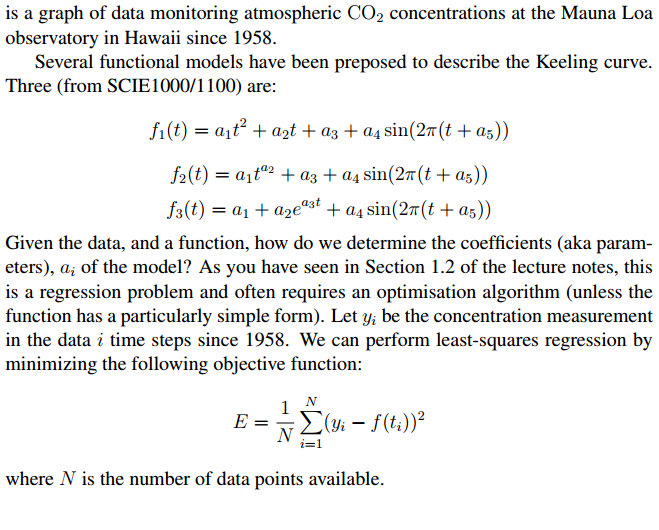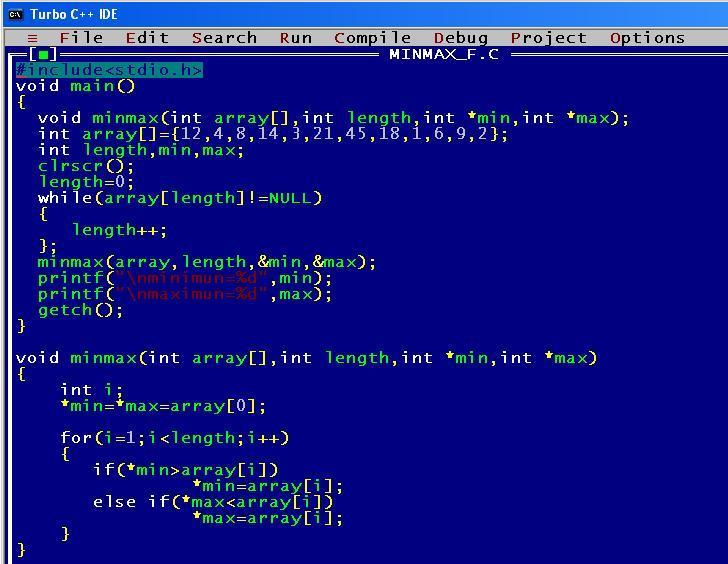

- #How to make makefile for c program with parameters update
- #How to make makefile for c program with parameters manual
o file, -old-file= file, -assume-old= file Do not remake the file file even if it is older than its dependencies, and do not remake anything on account of changes in file.

n, -just-print, -dry-run, -recon Print the commands that would be executed, but do not execute them. L, -check-symlink-times Use the latest mtime between symlinks and target. With no argument, removes a previous load limit. Specifies that no new jobs (commands) should be started if there are others jobs running and the load average is at least load (a floating-point While the target that failed, and those that depend on it, cannot be remade, the other dependencies of these k, -keep-going Continue as much as possible after an error. j option is given without an argument, make will not limit the number of jobs that can run simultaneously. If there is more than one -j option, the last one is effective. Specifies the number of jobs (commands) to run simultaneously. This syntax is allowed for compatibility with the C preprocessor's -I flag. Unlike the arguments to other flags of make, directories given with -I flags may come directly after theįlag: -I dir is allowed, as well as -I dir. If several -I options are used to specify several directories, the directoriesĪre searched in the order specified. I dir, -include-dir= dir Specifies a directory dir to search for included makefiles. i, -ignore-errors Ignore all errors in commands executed to remake files. + -f file, -file= file, -makefile= FILE Use file as a makefile. e, -environment-overrides Give variables taken from the environment precedence over variables from makefiles. I for showing implicit rules, j for details on invocation of commands, and m for debugging while remaking makefiles. If the FLAGS are omitted, then the behavior is the same as if -d was specified.įLAGS may be a for all debugging output (same as using -d), b for basic debugging, v for more verbose basic debugging, debug Print debugging information in addition to normal processing. The debugging information says which files are being considered for remaking, whichįile-times are being compared and with what results, which files actually need to be remade, which implicit rules are considered and which areĪpplied-everything interesting about how make decides what to do.

d Print debugging information in addition to normal processing. This is typically used with recursive invocations of make. Relative to the previous one: -C / -C etc is equivalent to -C /etc. If multiple -C options are specified, each is interpreted C dir, -directory= dir Change to directory dir before reading the makefiles or doing anything else. B, -always-make Unconditionally make all targets. Options -b, -m These options are ignored for compatibility with other versions of make. Make updates a target if it depends on prerequisite files that have been modified since the target was last modified, or if the target does not If makefile is '-', the standard input is read. You should use this name if you have a makefile that is specific to GNU make, and will not be understood by other versions of

(We recommend Makefile because it appears prominently near theīeginning of a directory listing, right near other important files such as README.) The first name checked, GNUmakefile, is not recommended for Normally you should call your makefile either makefile or Makefile. Option is present, make will look for the makefiles GNUmakefile, makefile, and Makefile, in that order.
#How to make makefile for c program with parameters update
Make executes commands in the makefile to update one or more target names, where name is typically a program. For each of those files, it issues the commands recorded in the data base. The make program uses the makefile data base and the last-modification times of the files to decide Suffices to perform all necessary recompilations. Once a suitable makefile exists, each time you change some source files, this simple shell command: In a program, typically the executable file is updated from object files, which are in turn made by compiling source To prepare to use make, you must write a file called the makefile that describes the relationships among files in your program, and the states You can use it to describe any task where some files must be updatedĪutomatically from others whenever the others change. In fact, make is not limited to programs. Our examples show C programs, since they are most common, but you can use make with any programming language whose compilerĬan be run with a shell command.
#How to make makefile for c program with parameters manual
The manual describes the GNU implementation of make, which was written by Richard Stallman and Roland McGrath, and is currently The purpose of the make utility is to determine automatically which pieces of a large program need to be recompiled, and issue the commands to


 0 kommentar(er)
0 kommentar(er)
